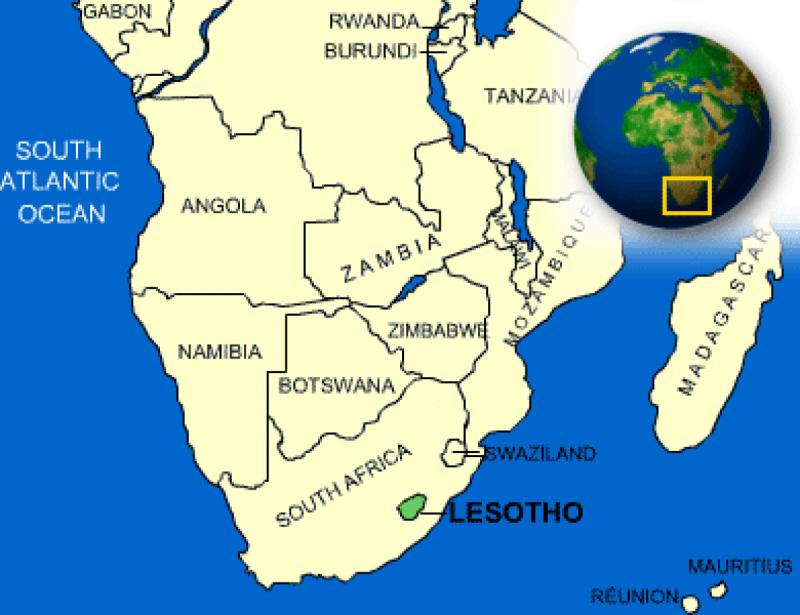Opinion Today: This is how bad these tariffs will hurt

|
April 4, 2025 |
| |
By Matthew Rose Editorial director, Opinion |
Which nation, according to the Trump administration, tops the charts of those cheating America on trade? If you guessed the African kingdom of Lesotho, congratulations. You can be the next secretary of commerce.
How this came to be tells us a lot about the incoherence of the new world economic order President Trump brandished this week, writes my colleague Binyamin Appelbaum. Lesotho imports hardly anything from the United States because it is extremely poor. It exports a large number of diamonds to America because America doesn’t have commercial diamond mines. Ipso facto, a big trade imbalance — and now a tariff rate of 50 percent that will hurt Lesotho and won’t help America. (Good luck encouraging domestic diamond production.)
There are plenty of good arguments for how the neoliberal economic world order of the past 40 years or so has dealt a rough hand to so many working-class Americans, as Farah Stockman points out . Even free-trade economists would acknowledge the potential benefits of some kind of tariff policy, maybe focused directly on China. But few say Trump’s blunderbuss approach, which trashes a decades-old system of global trade and aims to replace it, by fiat, with a Trumpian one, is a viable cure.
The economist Justin Wolfers reckons this round of tariffs — just as a reminder, America has not seen rates at such levels in a century — may be substantially more painful than Trump’s first-term effort. Not only will tariffs make goods more expensive, but they will also force consumers to make difficult decisions, with costs that can’t be counted in dollars but are costs nonetheless, such as forgoing a new washing machine or fresh vegetables.
Businesses, on the other hand, aren’t going to rewire their supply chains and suddenly build new plants in America, because that’s exorbitantly expensive and few believe the tariffs are permanent. That’s the assessment of the investor and economic analyst Steven Rattner in a podcast conversation with Opinion’s deputy editor, Patrick Healy. Instead, stuff will just be more expensive.
Will C.E.O.s speak out? Unlikely, Rattner says, because like so many others, they’re scared of the president’s tendency toward retribution. “Privately they are deeply, deeply disappointed in the direction that this is going,” he says.
The tariff plan shows how Trump wants to move America from being “a benign hegemon to a predator,” argues the columnist Thomas Friedman . To get a sense of the magnitude of this effort, not only on tariffs but across the board: When Tom was in China last week, a number of people asked if America was experiencing its own cultural revolution, like the one that wrecked China in the 1960s.
“If America is still America, these tariffs will represent the turning point of the Trump presidency,” writes the columnist David Brooks . What unites great civilizations? Athens, Florence, Vienna, New York — they were all united by openness to the flow of ideas and people. Trump’s trade war corrodes that spirit, replacing America’s place at the crossroads of the world with a zero-sum mentality demarcated by walls, David argues.
Of the tariffs specifically, he adds: “People will be outraged by the useless economic pain they are causing and, more subtly, revolted by the cowardly values they represent.”
Whatever



Ah, yes! America's great enemy!
Lesotho
MAGA America's enemies are anyone Trump tells them is.
Trump took one look at these Mosotho's and said "No more! You're not taking advantage of us anymore! You need to pay your fair share because we're so poor here in the US we can't even feed ourselves, so why the hell are we helping anybody else?".
Of course!
This Nation Just Agreed to Cut Tariffs to Zero After Conversation With Trump
You probably should read your own links.
What the administration is calling reciprocal tariffs ae far from it.
oh well, just words and Trump’s words are as usual BS.